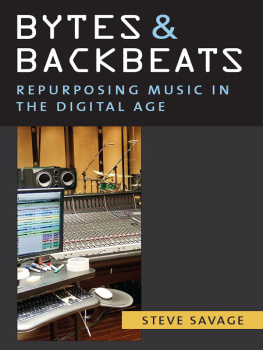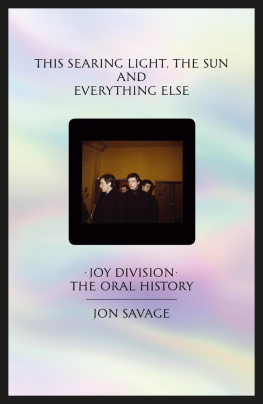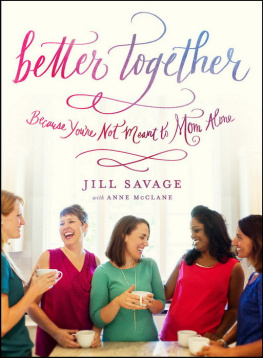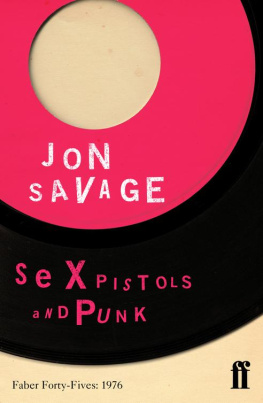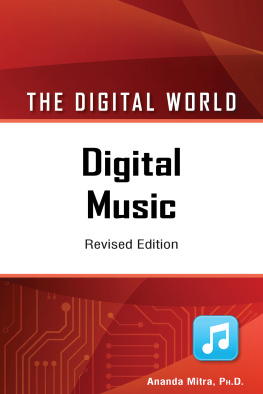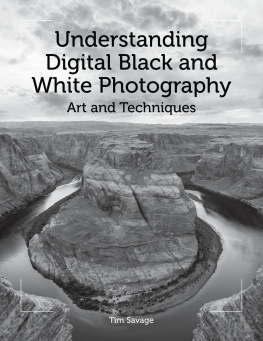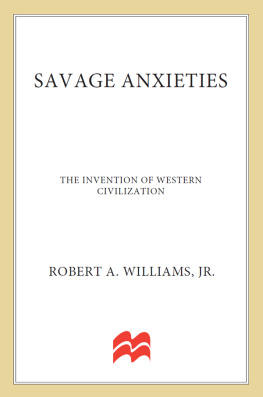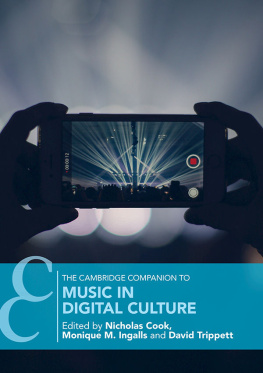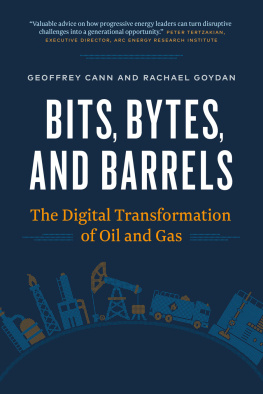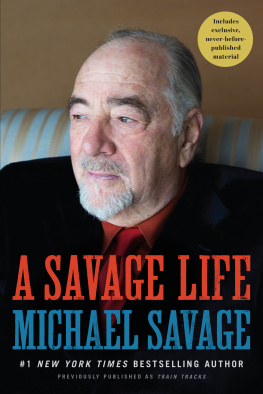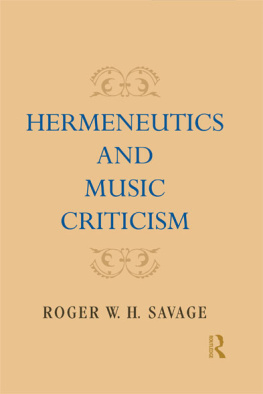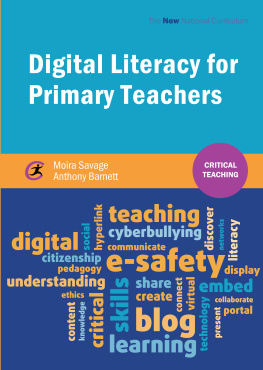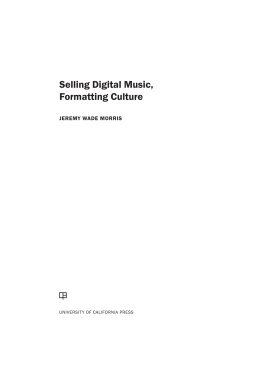Savage - Bytes and Backbeats: Repurposing Music in the Digital Age
Here you can read online Savage - Bytes and Backbeats: Repurposing Music in the Digital Age full text of the book (entire story) in english for free. Download pdf and epub, get meaning, cover and reviews about this ebook. year: 2018, publisher: The University of Michigan Press, genre: Home and family. Description of the work, (preface) as well as reviews are available. Best literature library LitArk.com created for fans of good reading and offers a wide selection of genres:
Romance novel
Science fiction
Adventure
Detective
Science
History
Home and family
Prose
Art
Politics
Computer
Non-fiction
Religion
Business
Children
Humor
Choose a favorite category and find really read worthwhile books. Enjoy immersion in the world of imagination, feel the emotions of the characters or learn something new for yourself, make an fascinating discovery.
- Book:Bytes and Backbeats: Repurposing Music in the Digital Age
- Author:
- Publisher:The University of Michigan Press
- Genre:
- Year:2018
- Rating:5 / 5
- Favourites:Add to favourites
- Your mark:
- 100
- 1
- 2
- 3
- 4
- 5
Bytes and Backbeats: Repurposing Music in the Digital Age: summary, description and annotation
We offer to read an annotation, description, summary or preface (depends on what the author of the book "Bytes and Backbeats: Repurposing Music in the Digital Age" wrote himself). If you haven't found the necessary information about the book — write in the comments, we will try to find it.
Bytes and Backbeats: Repurposing Music in the Digital Age — read online for free the complete book (whole text) full work
Below is the text of the book, divided by pages. System saving the place of the last page read, allows you to conveniently read the book "Bytes and Backbeats: Repurposing Music in the Digital Age" online for free, without having to search again every time where you left off. Put a bookmark, and you can go to the page where you finished reading at any time.
Font size:
Interval:
Bookmark:
 Page i Page ii
Page i Page ii SERIES EDITORS: LORI BURNS, JOHN COVACH, AND ALBIN ZAK
In one form or another, the influence of popular music has permeated cultural activities and perception on a global scale. Interdisciplinary in nature, Tracking Pop is intended as a wide-ranging exploration of pop music and its cultural situation. In addition to providing resources for students and scholars working in the field of popular culture, the books in this series will appeal to general readers and music lovers, for whom pop has provided the soundtrack of their lives.
Listening to Popular Music: Or, How I Learned to Stop Worrying and Love Led Zeppelin
by Theodore Gracyk
Sounding Out Pop: Analytical Essays in Popular Music
edited by Mark Spicer and John Covach
I Don't Sound Like Nobody: Remaking Music in 1950s America
by Albin J. Zok III
Soul Music: Tracking the Spiritual Roots of Pop from Plato to Motown
by Joel Rudinow
Are We Not New Wave? Modern Pop at the Turn of the 1980s
by Theo Cateforis
Bytes and Backbeats: Repurposing Music in the Digital Age
by Steve Savage
Page iiiRepurposing Music in the Digital Age
STEVE SAVAGE
THE UNIVERSITY OF MICHIGAN PRESS
ANN ARBOR
Copyright by the University of Michigan 2011
All rights reserved
This book may not be reproduced, in whole or in part, including illustrations, in any form (beyond that copying permitted by Sections 107 and 108 of the U.S. Copyright Law and except by reviewers for the publicpress), without written permission from the publisher.
Published in the United States of America by
The University of Michigan Press
Manufactured in the United States of America Printed on acid-free paper
Printed on acid-free paper
2014 2013 2012 2011 4 3 2 1
A CIP catalog record for this book is available from the British Library.
Library of Congress Cataloging-in-Publication Data
Savage, Steve, 1948
Bytes and backbeats : repurposing music in the digital age / Steve Savage.
p. cm. (Tracking pop)
Includes bibliographical references and index.
ISBN 978-0-472-11785-7 (cloth : alk. paper)ISBN 978-0-472-02773-6 (e-book)
1. Popular musicProduction and direction. 2. Sound recordingsProduction and direction. I. Title.
ML3470.S32 2011
781.6409'051dc22
2011007217
Page vFOR TAMARA
Together we explored the world while I explored this world.
Page vi Page viiSeveral of the gracious readers of this book in its various drafts suggested that I should include some biographical information to help orient the reader to this work. I suppose all authors have a story about what brought them to their book, but perhaps in this case it is particularly relevant. My story begins with a career as a drummer during which time I played in numerous unsuccessful rock bands, learned some jazz without ever coming close to mastering it, studied and performed African music with a master drummer from Ghana, and spent a couple of years actually making a living as a musician playing in a dance band. I found playing four hours of cover songs five nights a week rather trying and abandoned that, and after a short but glorious stint in a punk band, I and my career transitioned into production and recording.
I discovered that the other side of the glassthe control room side rather than the recording room sidefit me better, and my career slowly built around recording. I had a 12-track studio in my garage (a short-lived Akai home-recording format) and recorded demos for rock bands for dirt cheap. One of those bands put its resources together to go into a professional studio to record a single and asked me to be the engineer/producer. I got my first taste of making commercial recordings and I was hooked. From there I recorded a variety of fledgling new wave artists singles and albums in the heady early 1980s and cut my teeth on 24-track analog recording. After a stint as house producer for a small indie labelwhere I built and learned to operate a lovely little state-of-the-art studioI became a full-time independent record producer and engineer.
One tends to get work in areas where one has some successes, so it was through my work with the very talented songwriter Bonnie Hayes that I Page viii have ended up working on many singer/songwriter music projects, and after three Grammy-nominated CDs with the master blues artist Robert Cray, I have had the pleasure of working on many blues records. I have also recorded jazz, R & B, rap, hip-hop, country, opera, music for musicals, and children's records. I have been the engineer and/or producer on over i00 commercial releases and have served as the primary recording engineer and mixer on eight Grammy-nominated CDs including records for Robert Cray, John Hammond Jr., Elvin Bishop, and the Gospel Hummingbirds. I have also taught recording at the college level one night a week for the past twelve years.
There was a recent survey conducted by the Recording Academy (the Grammy folksan organization that I have been very active in) and sent to all the members of the Producers and Engineers wing of the Academy. Among the questions asked were these:
In your opinion, do the tasks performed by the producer, recording engineer, sound editor, DAW [digital audio workstation operator and mixer each involve specialized skill sets and sensitivities that are differentiable from one another?
Do you specialize mainly in one of these tasks, or are you aware of audio production professionals in your technical/creative community who specialize mainly in one these tasks?
On sound recordings you were recently involved with, was each one of the 3 tasks of producing, engineering and editing performed by separate individuals, or were all 3 tasks performed by a single person?
I never saw the results of this survey, but I know what the answers were for most of us that do this work professionally. While these functions are defined separately on paper, they are not clearly differentiated in practice. We may specialize (I've done more mixing than anything else in the past several years), but we are almost all capable of, and called upon to take on, all of these roles as a routine part of our work. And in most recordings the three tasks mentioned in the last question are performed by the same individual, but in partnership with a variety of other people, including the musicians. These are the reasons that I and others are transitioning to the term recordist for people who work as active participants in the making of recordings. Functions such as engineer, producer, DAW operator, mixer, editor, and so on blur into one job held by the person taking primary responsibility for the recording at any given moment (and who this person or persons are may be as fluid as the jobs themselves). An even grayer area Page ix concerns the term musician, as the roles and functions of music making have been so altered by the contemporary recording environment. It is often impossible to really differentiate between who is responsible for the music and who is responsible for the recording. An exploration of the intersection of the recordist and the music maker occupies the lion's share of the work that follows.
The evolution of the book you are reading follows from the preceding career. Having become obsessed with music, I did not finish college coming out of high school. About a dozen years ago I decided to return to school, just because I always enjoyed the classroom. At the urging of a friend I stayed focused on getting a degree rather than simply taking classes, and after finishing my BA in Philosophy and Religion, and wanting more, my advisor recommended the Department of Humanities at San Francisco State University. There, through the good graces of Professor Cristina Ruotolo, I encountered a chapter from Michael Chanan's book
Font size:
Interval:
Bookmark:
Similar books «Bytes and Backbeats: Repurposing Music in the Digital Age»
Look at similar books to Bytes and Backbeats: Repurposing Music in the Digital Age. We have selected literature similar in name and meaning in the hope of providing readers with more options to find new, interesting, not yet read works.
Discussion, reviews of the book Bytes and Backbeats: Repurposing Music in the Digital Age and just readers' own opinions. Leave your comments, write what you think about the work, its meaning or the main characters. Specify what exactly you liked and what you didn't like, and why you think so.

